 NEWS
NEWSGeorgia Judge Denies Donald Trump's Motion to Dismiss Election Interference Racketeering Charges Under the First Amendment
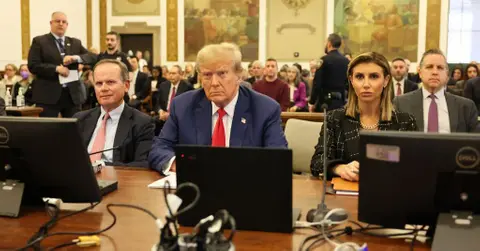
April 4 2024, Published 3:51 p.m. ET
Former President Donald Trump and his co-defendants faced a setback as a Georgia judge rejected their attempt to dismiss the charges on First Amendment grounds.
Fulton County Superior Court Judge Scott McAfee ruled against the defendants, emphasizing that their right to protest the election results did not shield them from the allegations brought by District Attorney Fani Willis's office.
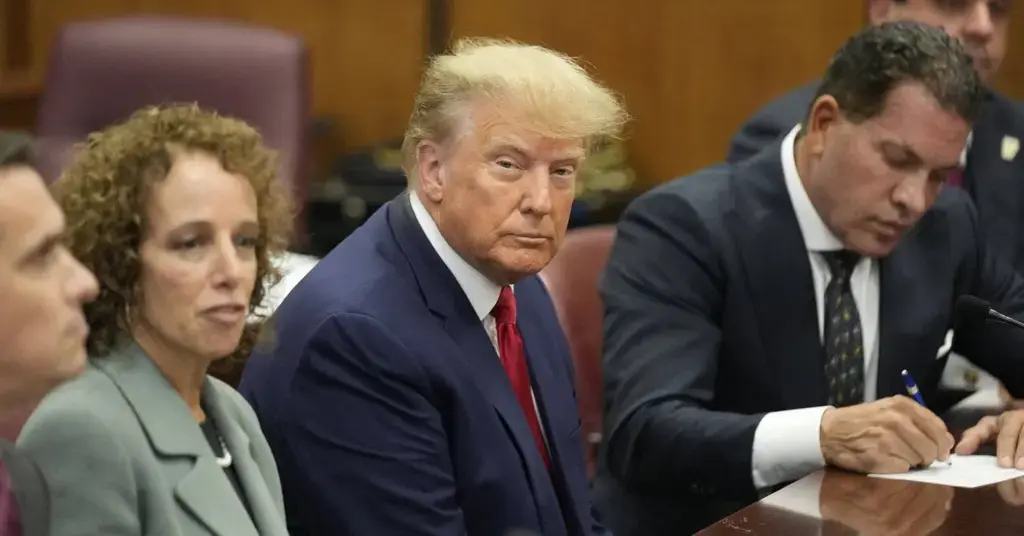
Donald Trump's request was denied.
“The allegations that the Defendants’ speech or conduct was carried out with criminal intent are something only a jury can resolve,” McAfee wrote.
Trump’s lawyer, Steve Sadow, argued the charges should be dismissed because Trump was speaking about politics as president. Sadow argued that even if Trump made false statements as alleged in the indictment, he must be protected for a robust political debate.
Sadow disagreed with the judge's order but said they could potentially raise the issue again at a later date.
“Falsity alone is not enough,” the lawyer clarified. “Clearly, being president at the time, dealing with elections and campaigning, calling into question what had occurred – that’s the height of political speech.”
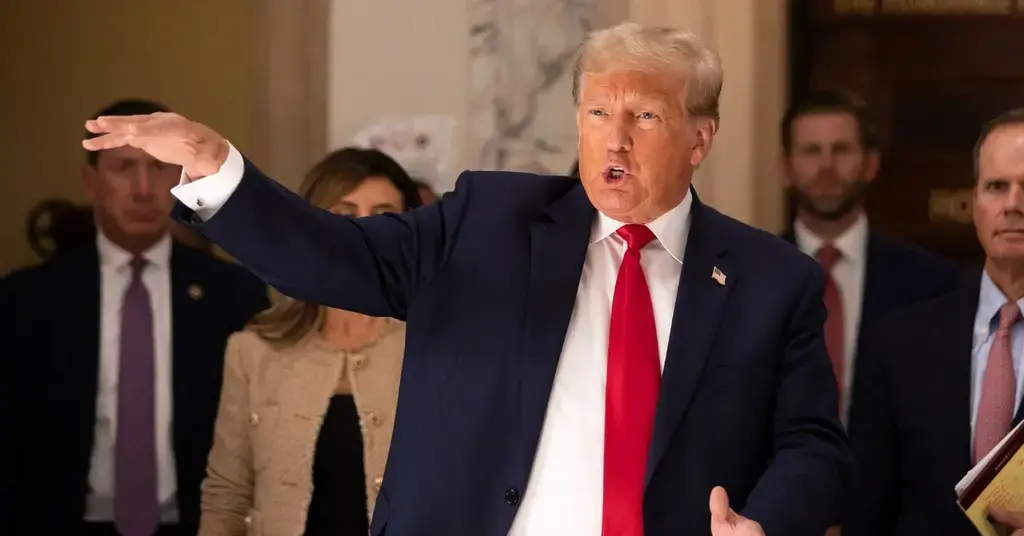
Donald Trump argued the charges went against the First Amendment.
In rejecting Trump’s request to dismiss the charges, McAfee ruled that a jury must decide whether he and other defendants acted “willfully” and “knowingly” to break the law.
“During oral argument, the Defendants posited that the speech at issue, even if false, was political and that one cannot be prosecuted for falsity alone,” McAfee wrote. “Instead, the indictment avers throughout that the Defendants acted 'willfully' and 'knowingly,' and that they impacted matters of governmental concern.”
Want OK! each day? Sign up here!
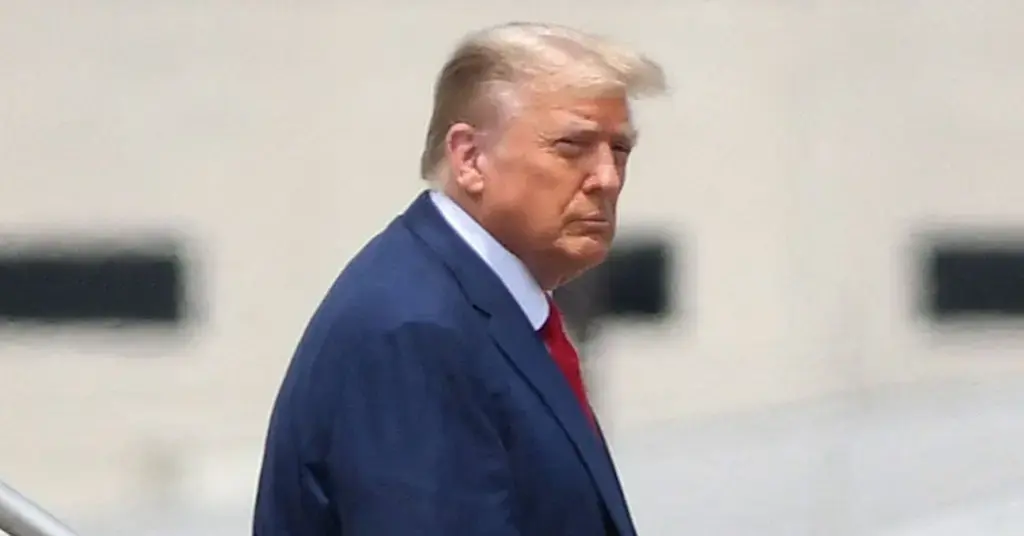
The judge ruled that a jury must decide whether he and other defendants acted 'willfully' and 'knowingly' to break the law.
Judge McAfee highlighted that the prosecutors had established credible accusations against the defendants, including their involvement in certifying "alternate" electors and presenting unsubstantiated claims during state proceedings and in court. These actions were part of a larger scheme to challenge the outcome of the state's election, which was won by Joe Biden.
The ruling underscores the gravity of the charges faced by Trump and his 14 co-defendants in the racketeering case.
Despite pleading not guilty, Trump's legal battle is far from over, with no trial date set at this point.
Never miss a story — sign up for the OK! newsletter to stay up-to-date on the best of what OK! has to offer. It’s gossip too good to wait for!
Powered by RedCircle
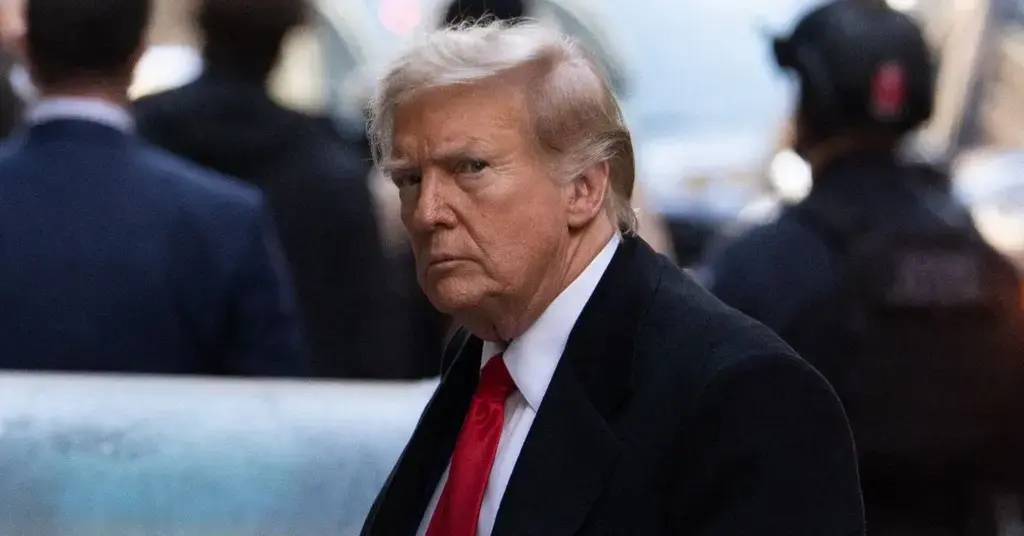
Donald Trump currently faces 91 criminal charges.
Prosecutors on the case argued Trump’s statements contributed to a wide-ranging conspiracy of making false statements to government officials, pointing toward the former president submitting false and forged documents and impersonating public officials.
Trump was recorded on the phone asking Georgia's Republican Secretary of State Brad Raffensperger to "find" the votes he would need to carry the Peach State.
“It’s not just that he lied over and over and over again,” said prosecutor Donald Wakeford. “It’s that each of those was employed as part of criminal activity with criminal intentions.”

